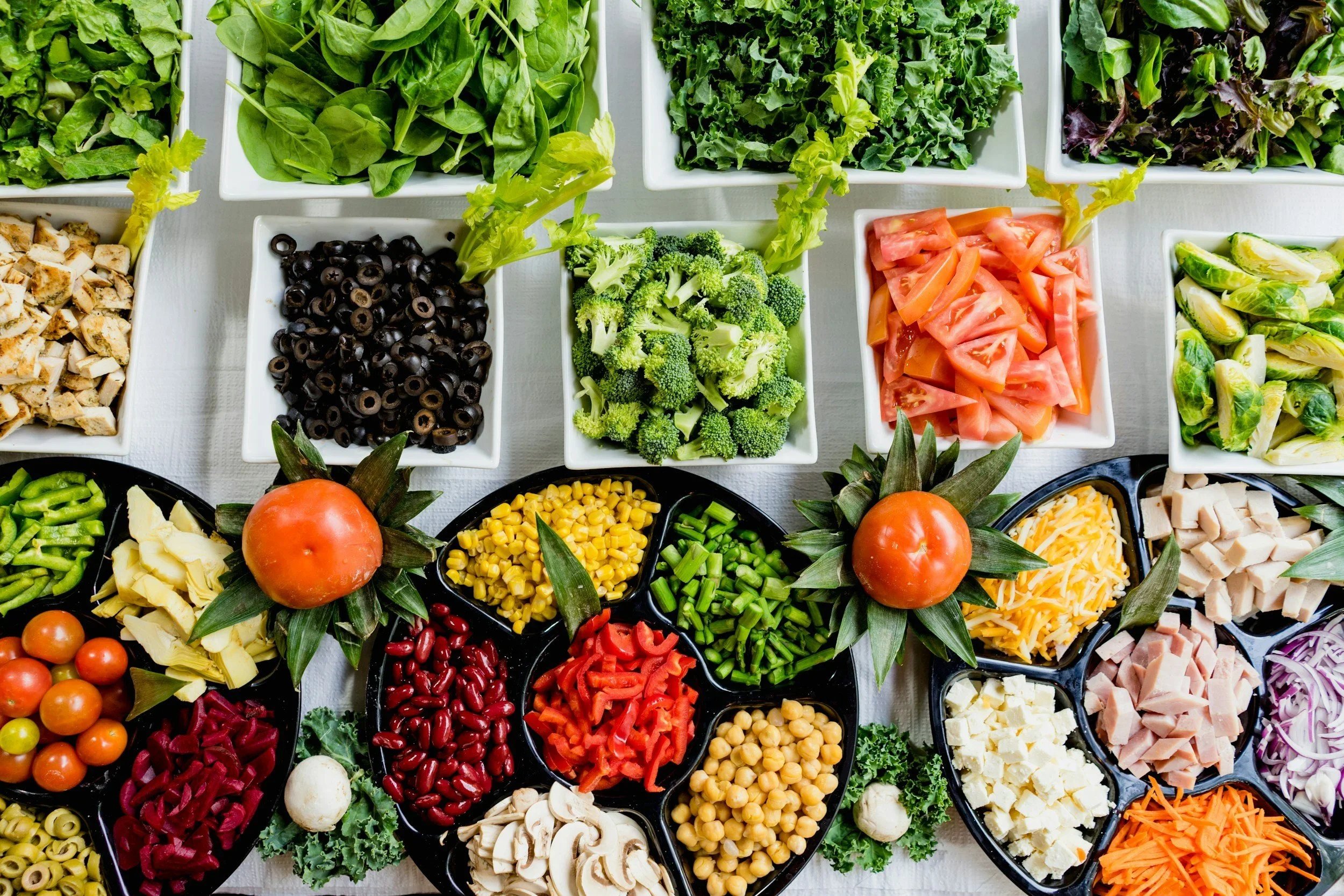What is ADHD?
What is ADHD? Learn about the different types of ADHD, ADHD symptoms, strengths, diagnosis and treatment.
Boosting Growth Naturally: Diet and Supplements that Support Growth Hormone in Kids
Boosting Growth Naturally: Diet and Supplements that Support Growth Hormone in Kids. Learn more here.
ADHD and Learning Disabilities: Understanding the Overlap and Supporting Your Child
ADHD and Learning Disabilities: Understanding the Overlap and Supporting Your Child
The Ultimate Guide to a Menopause & ADHD-Friendly Diet
The Ultimate Guide to a Menopause-Friendly Diet
Feel Better, Eat Smarter, Thrive in This New Season of Life





